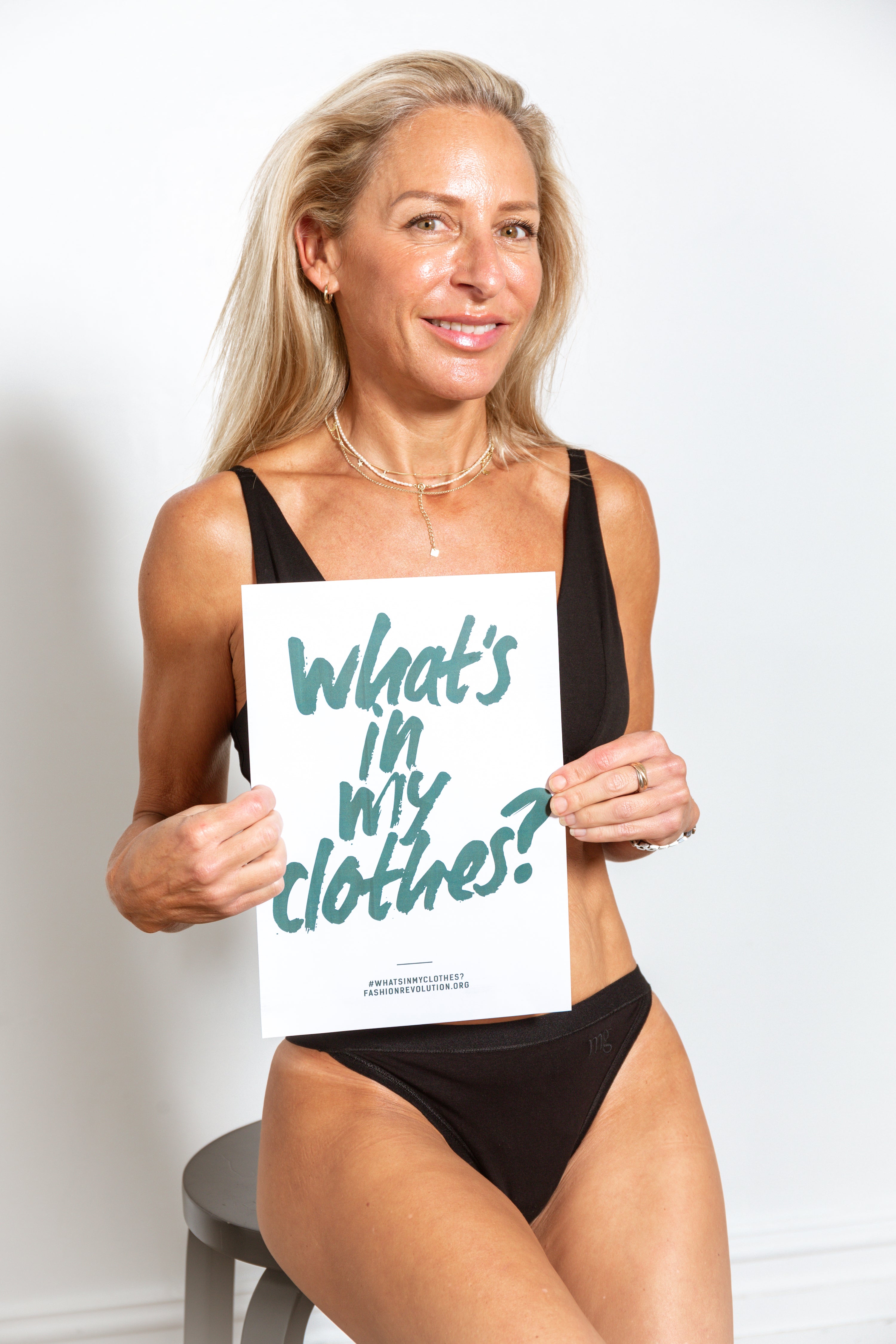No Products in the Cart

Name: Anita Kolni
Occupation: Founder Volvo Ocean lovers Festival
Age: 49
Where were you born? What is your heritage?
I’m born in Australia to Swedish parents but my grandparents are Danish and Polish on my dad’s side and German and Austrian on my mum’s side.
Tell us a little bit about what you do?
I am the founder of the Volvo Ocean lovers Festival a celebration of hope and showcase of solutions for the ocean. The Festival is my response to the global plight of our ocean, the greatest emerging issue of our time. Having grown up on the beach, enjoying the incredible lifestyle we have here in Australia, I realised that this is something so many people take for granted. I knew I had to do something and my goal was to create a vehicle to influence change. My biggest motivator is to leave the world a better place for my children and to help people recognise the future is a choice and we can all make a difference. We are the stewards of this beautiful blue planet we live on and it's our responsibility to protect it for our children and future generations.
What does the Fashion Revolution movement mean to you personally? This year's Fashion Revolution theme is all about fashion, money, power - do you think the fashion industry has a positive or negative impact on international power dynamics? Why?
Unfortunately, it is easier to make money in the fashion industry by turning a blind eye to the impact of the industry on the environment. Many people are unaware that a major source of plastic that pollutes our ocean is our clothes! Polyester, nylon and other synthetic fabrics are all forms of plastic and today make up about 60 percent of the material that makes up our clothes worldwide. Every time you wash these clothes, they release micro plastics which are a major contributor to ocean plastic pollution. These tiny particles of plastic then get eaten by fish and enter into the food chain and end up on our dinner plates. Who knows what the long-term impact this will have on our health? We are ingesting about a credit card worth of plastic a week according to the latest statistics even if we don’t eat fish!
Then there is the ethical side of the sector which often employs some of the poorest people on the planet. These people are also often the ones that are the most impacted by environmental and particularly ocean degradation due to poor practices in the fashion industry so that is one imbalance. And at the other end of the scale the high spending consumer at the pinnacle end is potentially also inclined and able to make decisive spending decisions about the credentials of the products they are buying, with environment being a big western focus and savvy leading designer brands now embracing this value to align with their customer, as consumers are becoming too aware and starting to ask where and how their clothes are made. It has to become the new norm for the fashion industry to be able to turn a real corner and for impactful change to occur.
How do you think we could harness the fashion industry to have a fairer and more balanced global economy?
The fashion industry needs to adopt a circular economy approach where nothing goes to waste. Where every aspect of the supply chain is considered and decisions are made with the environment as the core focus. Your consumers lives and so many livelihoods depend on it, on this generation securing a safe planetary future.
What do you normally wear every day?
Activewear and jeans
What is your favourite piece in your wardrobe?
My mother’s wedding dress that was way ahead of its time. It’s a silk jumpsuit that my mother dyed black after her wedding and works for any dressy occasion!
Do you have any favourite sustainable brands, or favourite second-hand shops?
I like Stella McCartney, Nobody Denim and I’m a huge fan of hand me downs
Do you have a style icon?
No - I wear what suits me
What is your favourite style of Mighty Good Basics?
Being an ocean lover it’s definitely the bikini briefs